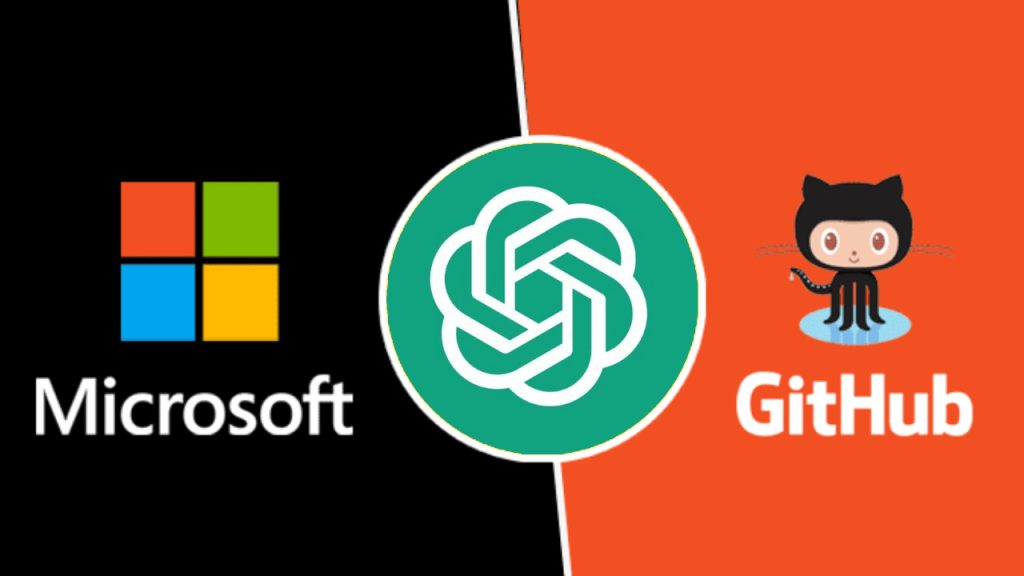Microsoft GitHub has announced an upgrade to its widely-used coding assistance tool, Copilot. The new version, dubbed Copilot X, will incorporate OpenAI’s advanced language-generation tools, allowing developers to use chat and voice features for coding assistance. Here are the details…
Microsoft’s GitHub to add OpenAI chat functions to coding tool
Copilot was first previewed in 2021 and saw a wide release last year. The initial product featured a code completion tool that suggested snippets of programming code as developers typed. By November, hundreds of thousands of developers had adopted Copilot, making it a cornerstone of Microsoft’s strategy to deploy assistive technologies across its product range.

The recent success of OpenAI’s ChatGPT chatbot has inspired other companies to integrate OpenAI’s tools into their products and business strategies, while rivals like Alphabet’s Google are releasing competing chatbot technologies. The new Copilot X aims to enhance the developer experience by offering chat and voice functionality.
GitHub CEO Thomas Dohmke demonstrated the tool by asking it how to program a snake game in Python. The chat window can provide explanations of code segments, suggest ways to test the code, and propose fixes for bugs. Developers can also interact with Copilot X using their voice.
In addition to integrating chat and voice features, GitHub will start using OpenAI’s latest language model, GPT-4, in Copilot X. Different AI models will be employed for various tasks; for instance, code completion features will continue to use older technology that prioritizes speed over perfect accuracy, while the chat features will utilize the more accurate GPT-4.
Developers can join a wait-list to preview the new service, and Dohmke is optimistic that Copilot X could be a valuable tool for education. He is set to join a professor at Duke University who is already using Copilot in the classroom. Dohmke believes that Copilot can “revolutionize how we learn” by helping students overcome initial frustrations and quickly reach the same knowledge level as their peers.
RELATED:
- Best Keyboard for Gaming in 2023
- Microsoft may add Exclusive Call of Duty features for PS5 owners
- Huawei P60 Series Launched in China with 120Hz Display, 48MP Triple Cameras, & Satellite Messaging
- Microsoft introduces AI-powered Bing Image Creator, Visual Stories
- Nvidia unveils new AI Supercomputing Cloud Service
(via)







